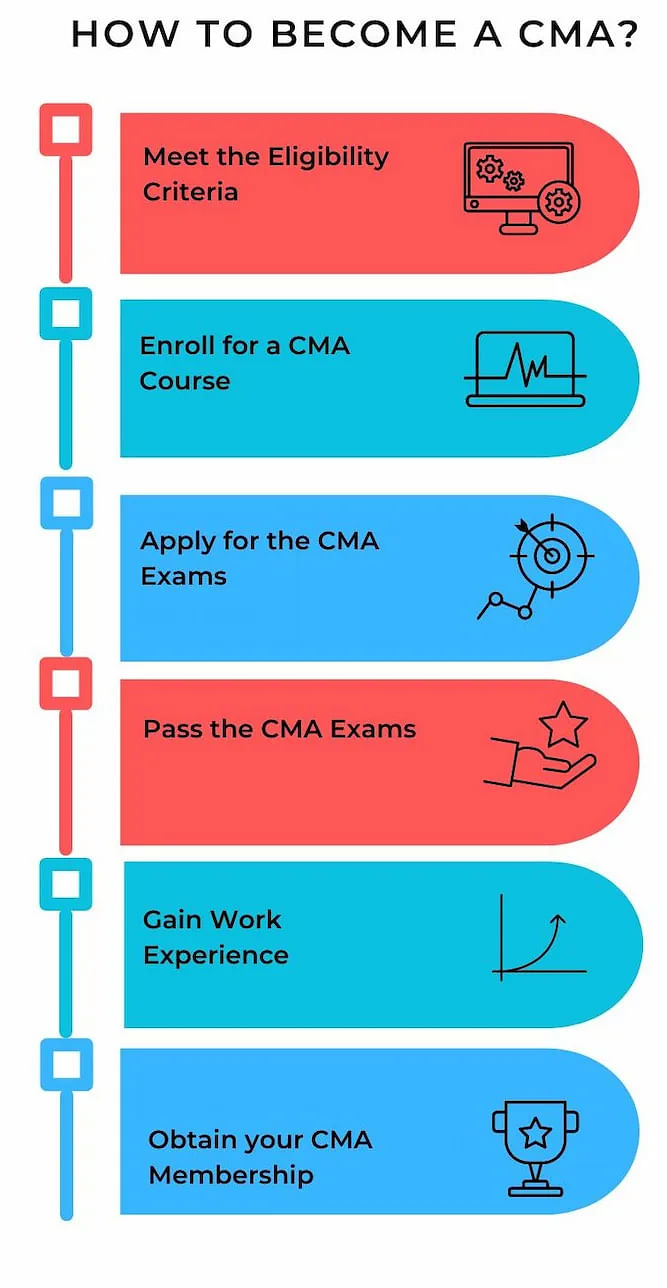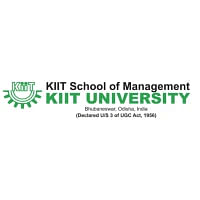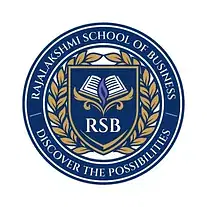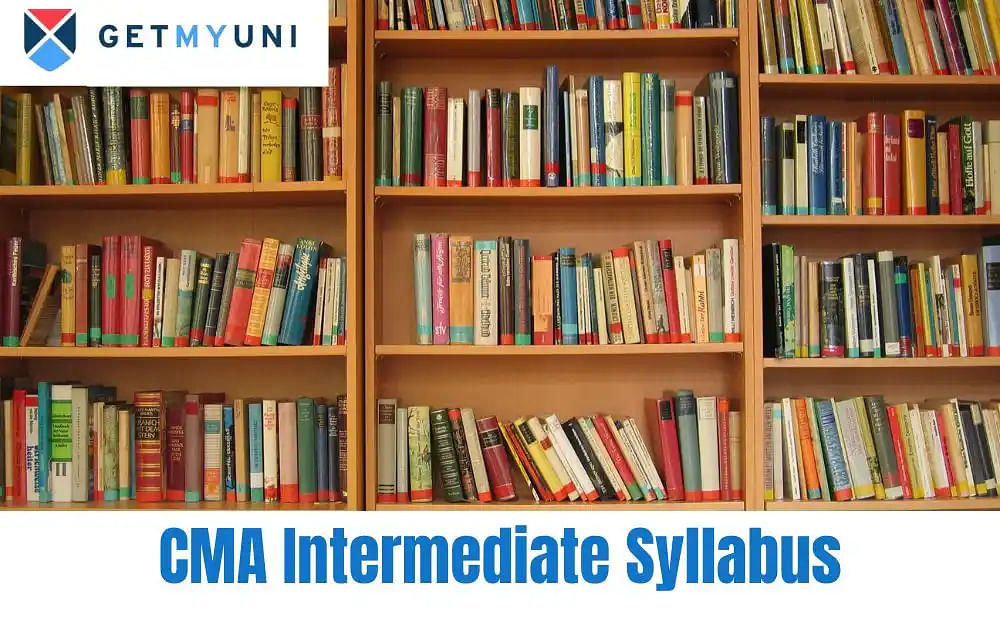To become a CMA in India, you should clear three levels of exam covering 20 papers for the duration of three years. You should also meet the required work experience and obtain the CMA membership.
How to Become a CMA?: To become a Certified Management Accountant (CMA), you must meet key requirements including a bachelor's degree or an equivalent professional certification, and typically have two years of experience in management accounting or financial management. The certification process involves passing a rigorous two-part CMA exam and obtaining membership in the Institute of Management Accountants (IMA).
This prestigious credential equips professionals with financial planning, analysis, and decision support skills that are highly valued in the business world. With proper planning and dedication, aspiring CMAs can achieve certification in under a year, opening doors to advanced career opportunities in accounting and finance.
Who is a CMA?
CMA stands for Certified Management Accountant. It is a globally recognized certification course for management accounting professionals. CMA course is offered by the Institute of Cost Accountants of India (ICMAI) previously known as the Institute of Cost and Works Accountants of India. Recently, ICMAI changed the course name from ICWA to CMA course. Certified Management Accountants are known for their strategic business plans and financial decision-making in corporate and government firms.
For example, a firm will hire a CMA if they are planning to expand their business in the future as CMAs are skilled in managing the finances involved in the recruitment of new employees, advising the company on risk management, and maintaining the cost and liabilities involved in expanding the new venture.
How to Become a CMA?
If you are curious to know more about how to become a CMA? The Certified Management Accounts Course offered by ICMA has three levels: Foundation, Intermediate, and Final.
This has a total of 20 papers for the duration of three years. Candidates can refer to the flowchart below to get a better understanding of the process.

| Particulars | Link |
| CMA Course Flow Chart | Download PDF |
Step 1: Eligibility Criteria
A candidate must ensure they qualify the eligibility requirement. The CMA eligibility criteria for all the three levels are as follows:
Foundation Course
- To join the foundation course the candidate must have passed 10th grade or an equivalent course from a recognized board or institution.
- The candidate must have passed the secondary level of education under the 10 +2 scheme of a recognised board or a central government examination equivalent to that.
- Candidates who have completed their foundation course conducted by the Institute of Company Secretaries in India will be exempted from taking the foundation course.
- Candidates who have completed any of their intermediate courses by the Indian Institute of chartered accountants will be exempted from taking the foundation course.
Intermediate Course
- To join the intermediate course, the candidate must have cleared the senior secondary education under the 10 +2 scheme from any recognised board or institution
- The candidate should have also cleared the Foundation Course of the Institute of Cost Accountants of India
Final Course
- The candidate should have passed the intermediate level with a current registration number
- Candidates should have completed the final CMA training course and should not be disqualified from taking the final exam.
Also Check: CMA Direct Entry Eligibility
Step 2: Enrol for a CMA Course
Candidates can enrol on a CMA course through online mode only. The following steps can be followed to register for the course
- Candidates must visit the official website of ICMAI.
- Fill out the form with all the required information
- The candidate must submit all the documents required for the registration
- The registration can be confirmed upon the fee payment
- Download the application form for future reference.
Documents Required for Registration
- 10th Marksheet
- 10+2 Marksheet
- Degree certificate depending on the level of course the candidate is applying for
- Intermediate certificate for both groups if the candidate is applying for the final course
- Passport size photo.
Step 3: Apply for the CMA Exams
The ICMAI conducts CMA exams twice a year in the month of June and December.
The application for the June Exam should be submitted before the 31st of January and the application for the December month exam should be submitted before July 31st every year.
The application can be made through online mode by following the steps below:
- Candidates should visit the official website
- Navigate to the admission tab and select the exam the candidate wants to apply for
- Candidate should fill in all the required fields and details
- The candidate can proceed with the fee payment and submit the application.
Fee Details for CMA Course
The students can check teh fee details for CMA course both in INR and USD from the table mentioned below.
| Exam | Application Fee for Indian Candidates in INR | Application for Overseas Candidates in USD |
| Foundation Course | 1,200/- | 60 |
| Intermediate Course (Single Group) | 1,200/- | 90 |
| Intermediate Course (Both Groups) | 2,400/- | |
| Final Course (Single Group) | 1,400/- | 100 |
| Final Course (Both Groups) | 2,800/- |
Also Check: CMA vs MBA
Step 4: Pass the CMA Exams
The CMA Exams will be conducted in pen and paper mode. The exams are conducted twice a year in the month of June and December. The duration of each exam is for 3 hours for the weightage of 100 Marks.
The candidates should download their admit card from the official website and verify all the details mentioned in the admit card before the exam.
To pass the CMA exam, candidates should have atleast scored 40% in all levels and an aggregate of 50% or more.
Step 5: Gain Work Experience
Once the candidate clears all three levels of CMA exams, they should have atleast three years of work experience before, during or after taking the exam to apply for the CMA membership in ICMAI.
The candidate should apply for the membership after meeting the eligibility criteria in the official website.
Step 6: Obtain your CMA Membership
Once the candidate clears the exams and meets the relevant working experience, they can apply for membership. The application will be approved by ICMAI after review.
Once approved, the candidate will become a member of the institute and can be employed as a CMA under different roles. They should maintain the certification by adhering to professional standards and ethics.
What is the Role of a CMA?
CMAs are responsible for various roles in an organisation including financial decisions, risk management and business strategies. Let's discuss some of the key responsibilities of a CMA,
1. Risk Management - CMAs are skilled and responsible for identifying the risk associated with the financial decisions made in the organisation. They are responsible for anticipating the risk associated with any future investments and managing the same.
2. Financial Planning - Cost Management Accountants are responsible for the analysis and planning of financial budgets. They will also give suggestions and recommendations to the company on improving its performance.
3. Financial Reporting - CMAs prepare the financial statements and reports for the company and they are responsible for making sure that it matches the financial standards and regulations.
4. Financial Analysis - CMAs are responsible for analysing the financial performance of the company using relevant technology and strategies and helping the company improve their performance
5. Managing Professional Ethics - This includes working with integrity and following legal compliance by providing accurate and liable information
Types of CMA Roles
Once you have passed your exams and have officially become a certified CMA, the following are some of the job roles you can look out for ranging from fresher to senior management level.
- Senior Accountant.
- Cost Accountant.
- Financial Risk Manager.
- Corporate Controller.
- Chief Financial Officer (CFO
- Chief technology officer (CTO)
- Treasurer
- Vice president, finance
- Controller
- Finance manager
- Internal auditor
- Budget analyst
- Financial analyst
- Marketing analyst
- Financial Analyst
- Management Accountant
Read More: Jobs After CMA?
Skills Required to Become a CMA
Since CMAs are professionals who work with organisations of all sizes including corporate, government firms or industries following are some of the skills required to become a CMA
- Strong Communication skills
- Analytical and Technical Skill
- Solid Management Skill
- Leadership skills
- Problem-Solving
- Attention to details
Jobs and Salaries for CMA
With the right experience and knowledge, CMA's salary in India can go up to 60 Lakhs per annum. The following analysis by payscale explains the salary range for different CMA roles in India.
| Job Title | Range | Average |
| Financial Analyst | ₹302K - ₹1M | ₹582,352 |
| Finance Manager | ₹400K - ₹2M | ₹1,000,000 |
| Chief Financial Officer | ₹615K - ₹8M | ₹3,588,138 |
| Senior Finance Manager | ₹1M - ₹3M | ₹2,031,697 |
| Accountant | ₹197K - ₹636K | ₹380,000 |
| Cost Accountant | ₹297K - ₹1M | ₹692,087 |
Also Check: CMA vs CA
Top Companies Recruiting for CMA Roles
There are many companies that hire CMA candidates for their company's development. Following are the top companies recruiting for CMA roles in India.
- Accenture- CTS Manager
- KPMG - Finance Advisory Senior
- ABB- Financial Analyst
- The Scalers - Financial Planning Analyst
Benefits of Becoming a CMA
Pursuing CMA as a career is an excellent choice. It guarantees an established future. Here are some of the benefits of becoming a CMA in India.
- Since CMA is a global certification, it is recognised globally and offers career pathways abroad.
- There will be exponential growth in the future for CMAs as the scope of the role is increasing worldwide with the expansion of MNCs.
- CMA-certified graduates advance quickly to management positions and can easily acquire better compensation.
- CMA fosters creativity, innovation, and an entrepreneurial mindset.
- The course can facilitate your professional growth and open doors to new ventures and partnerships.
-
CMA stands for Certified Management Accountant. -
Globally recognized for management accounting. -
ICMAI offers a 3-level course in India. -
Total 20 papers over three years.















